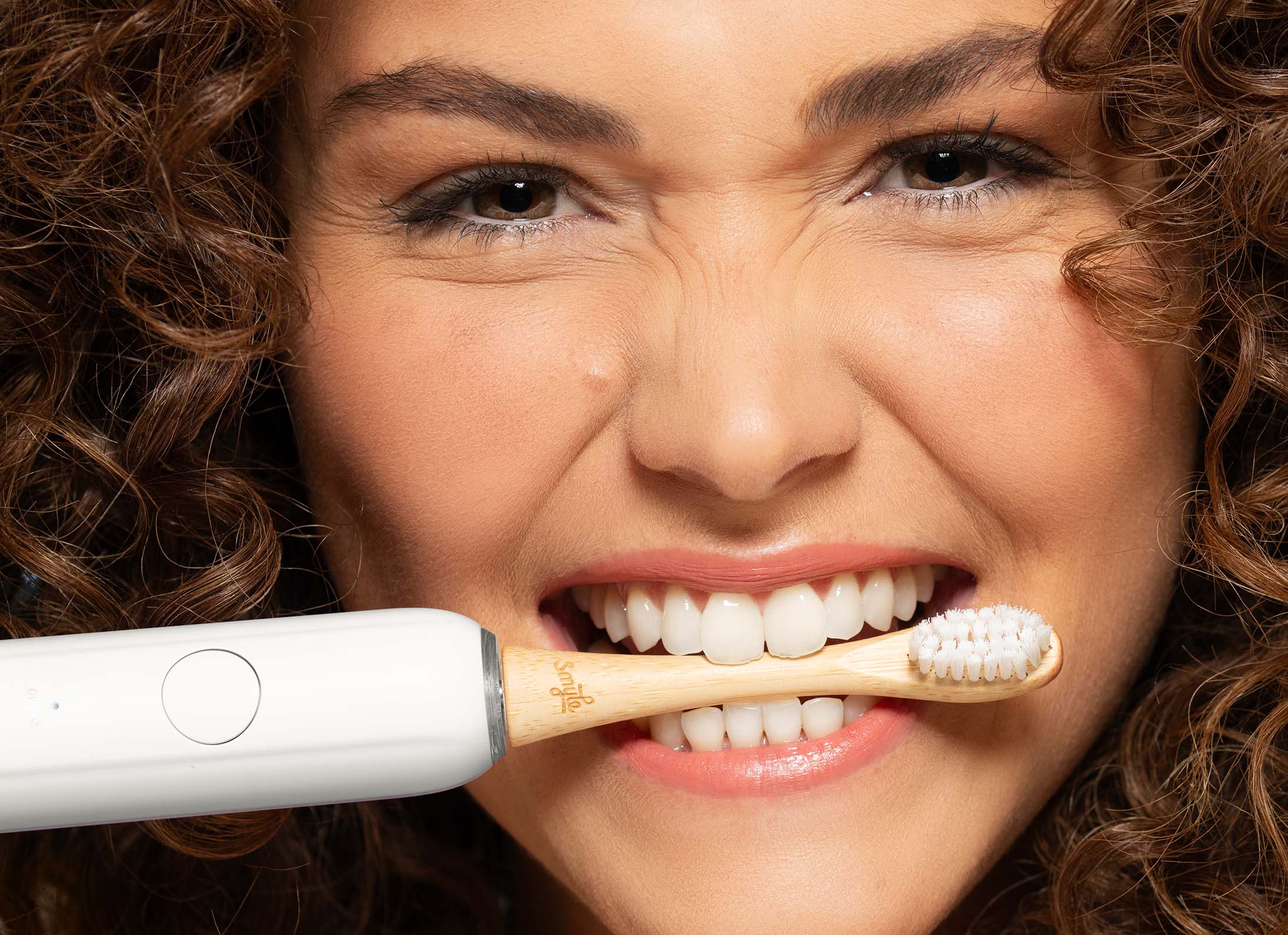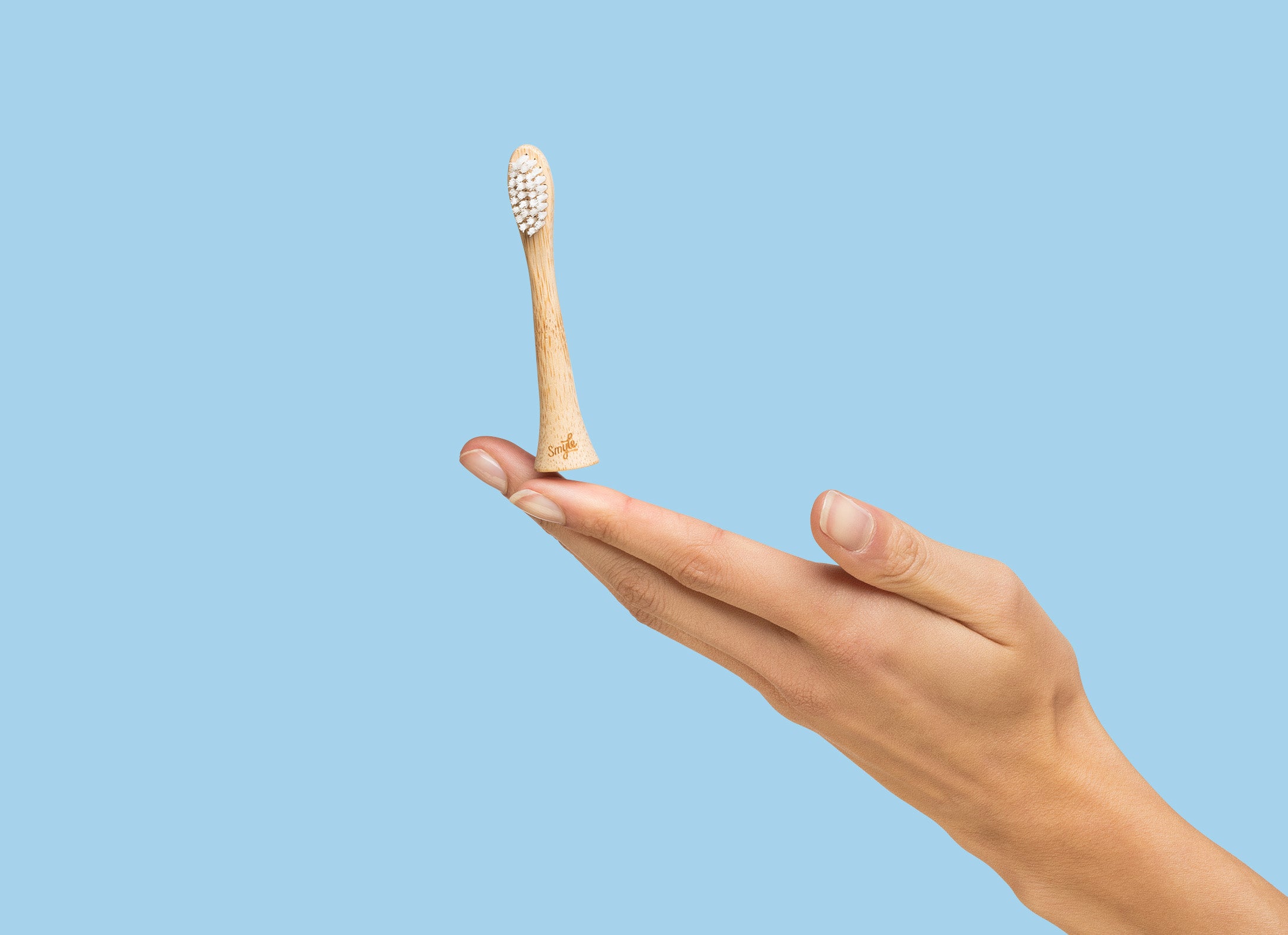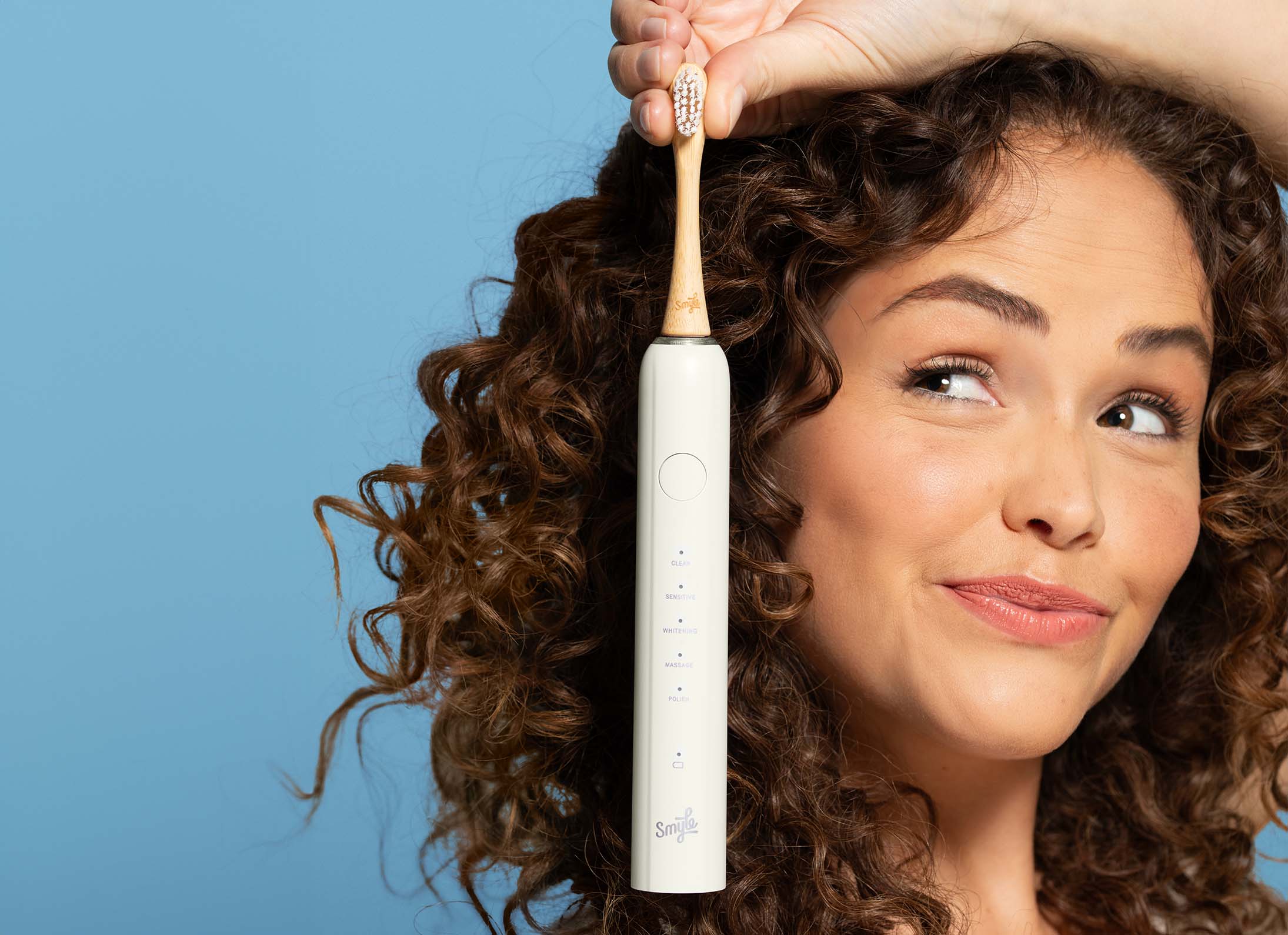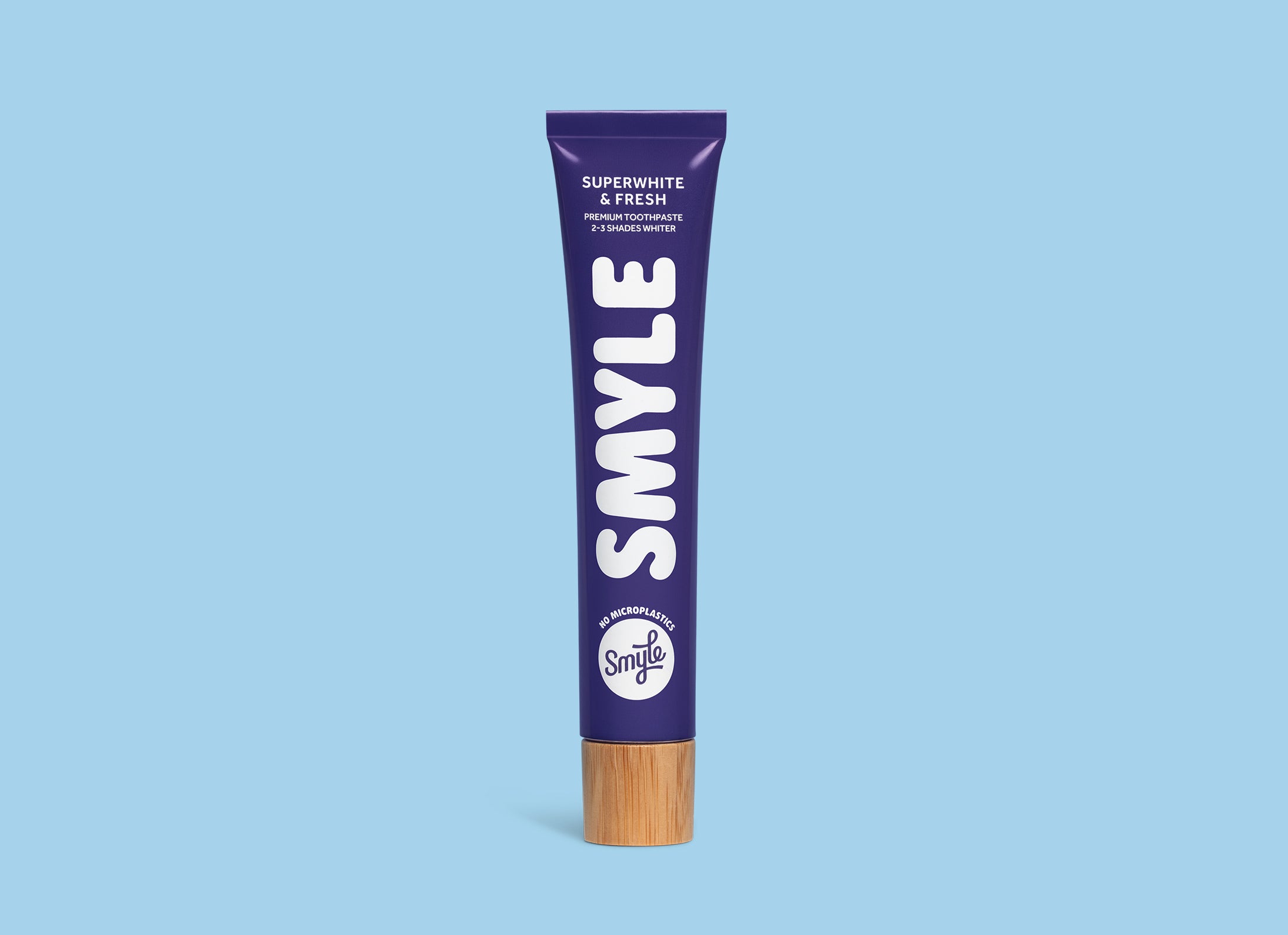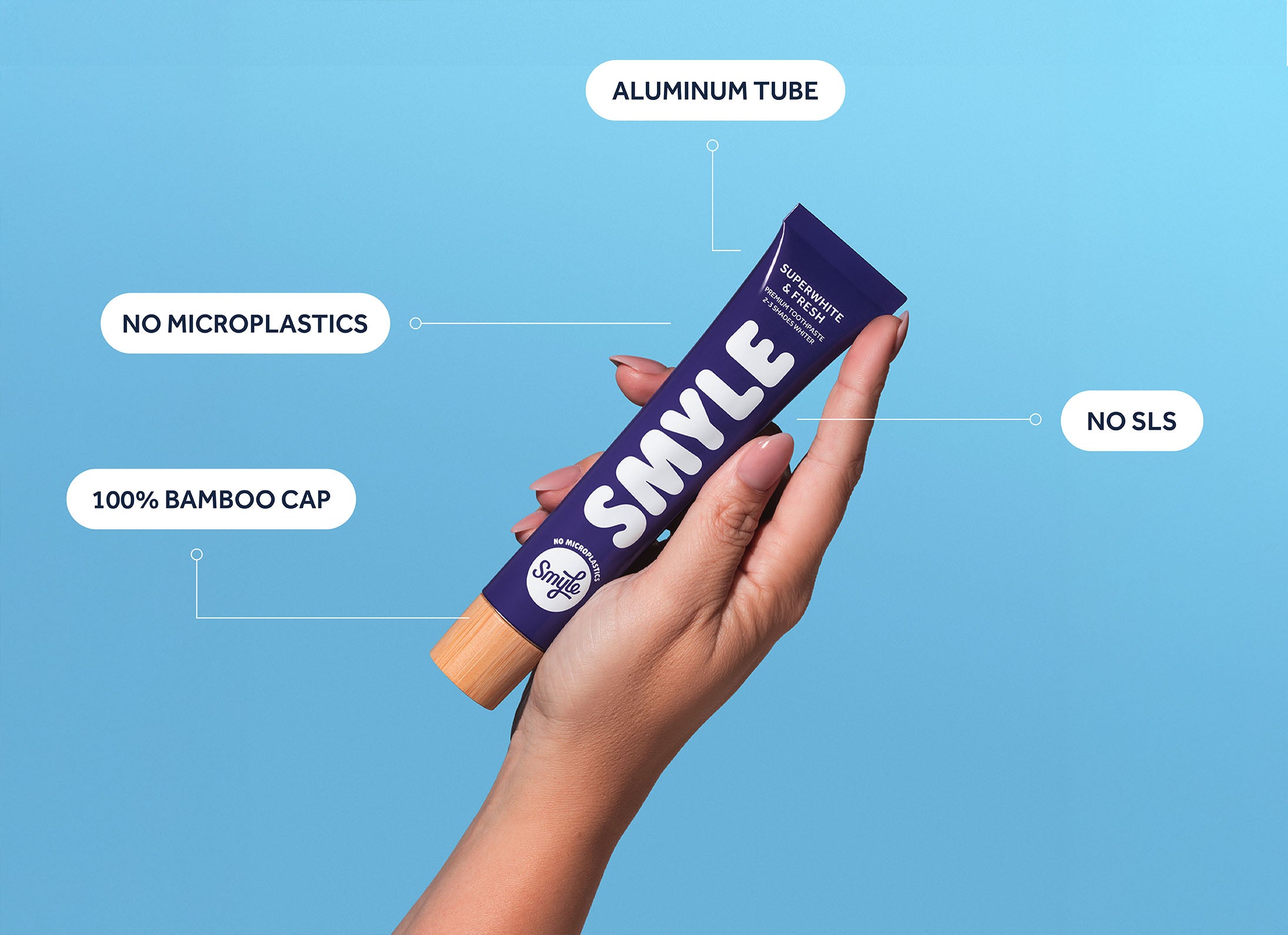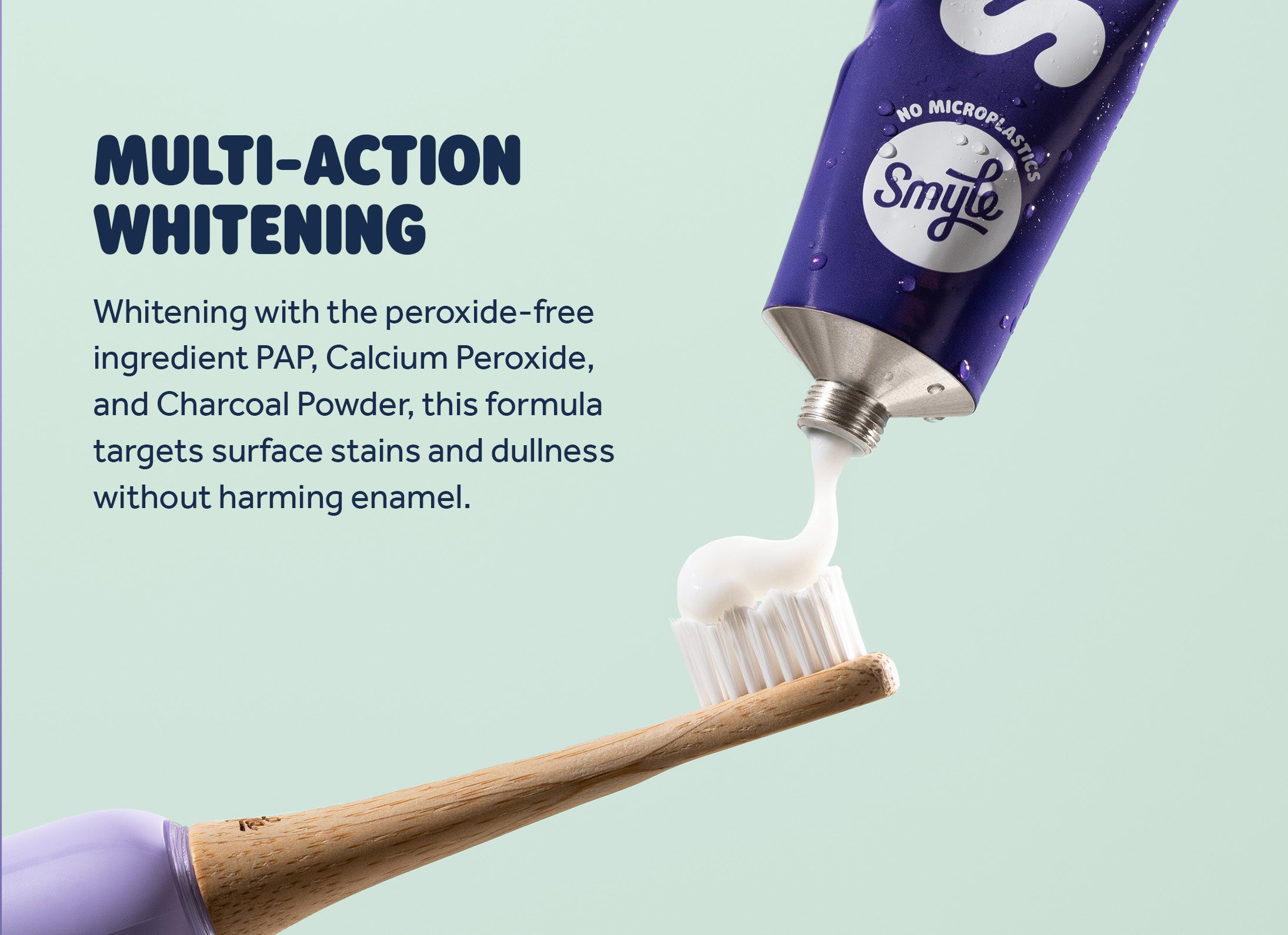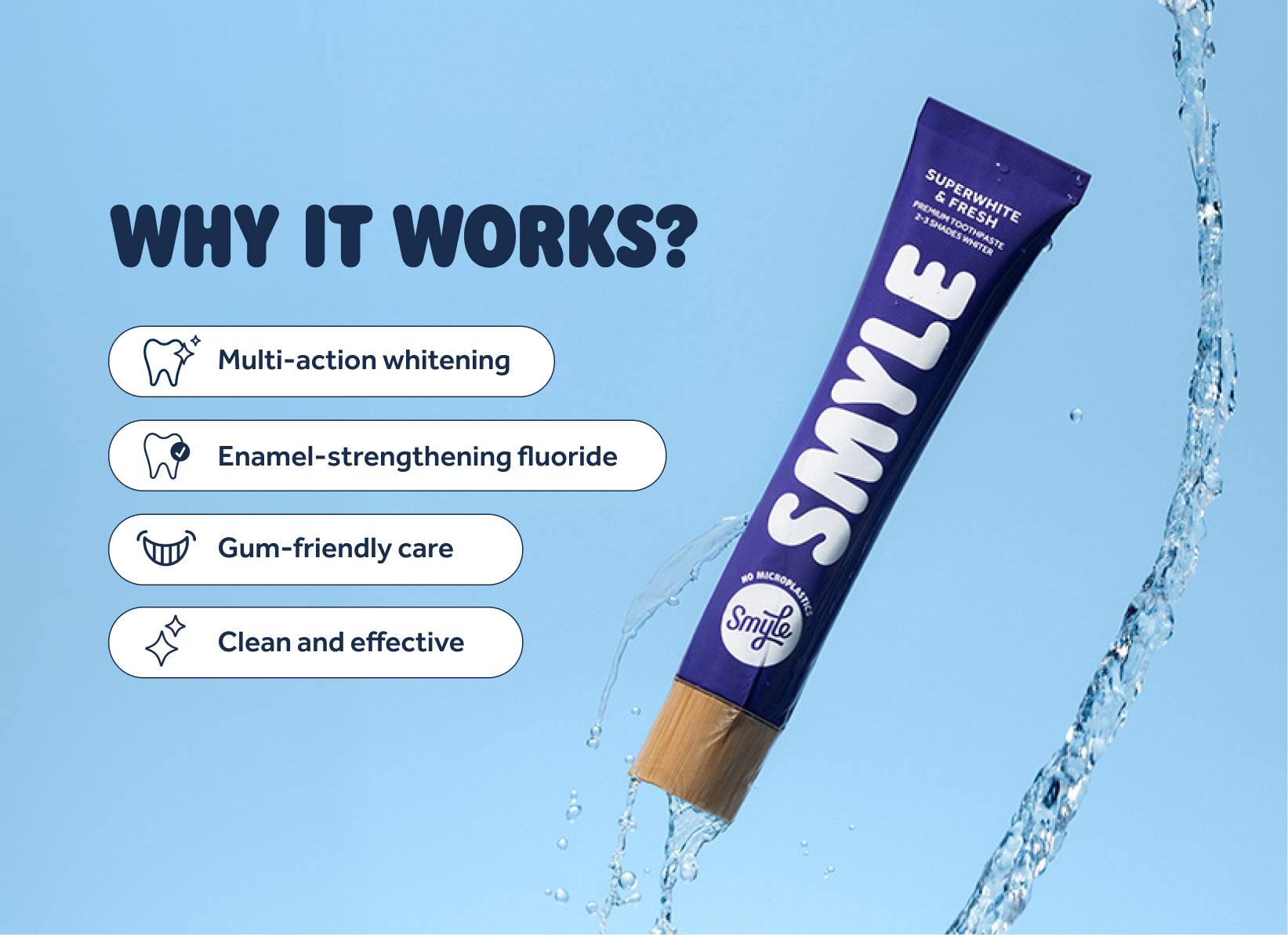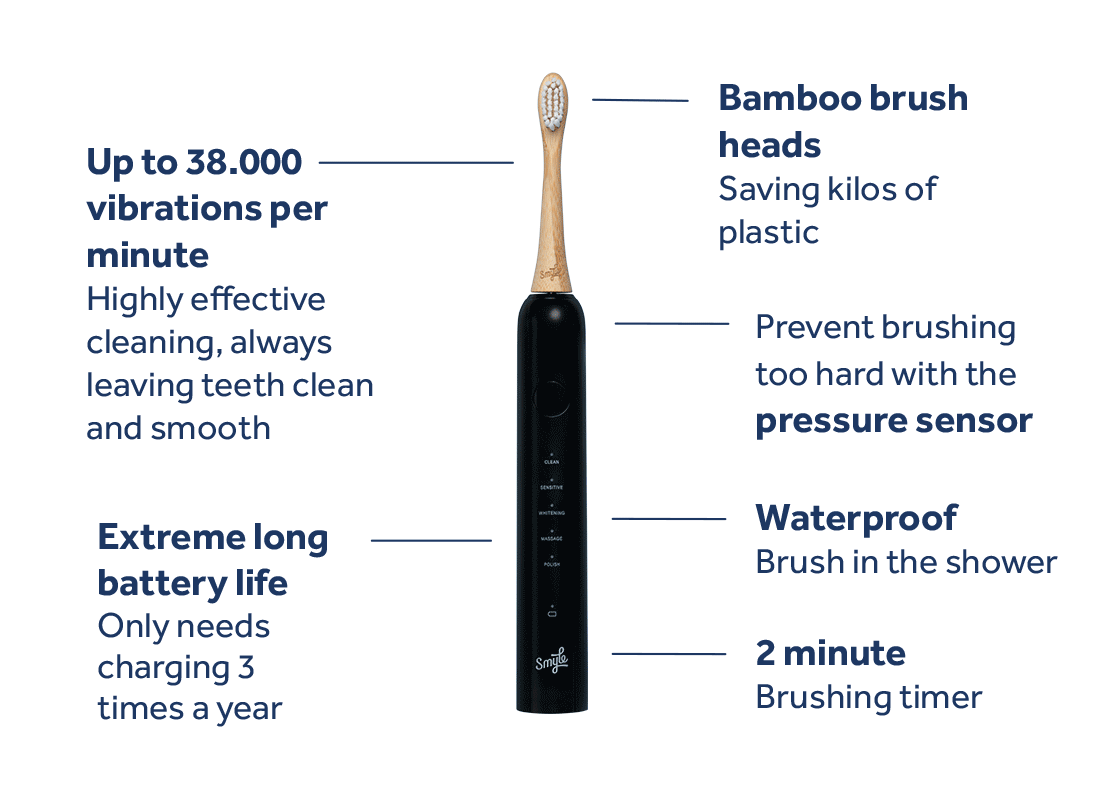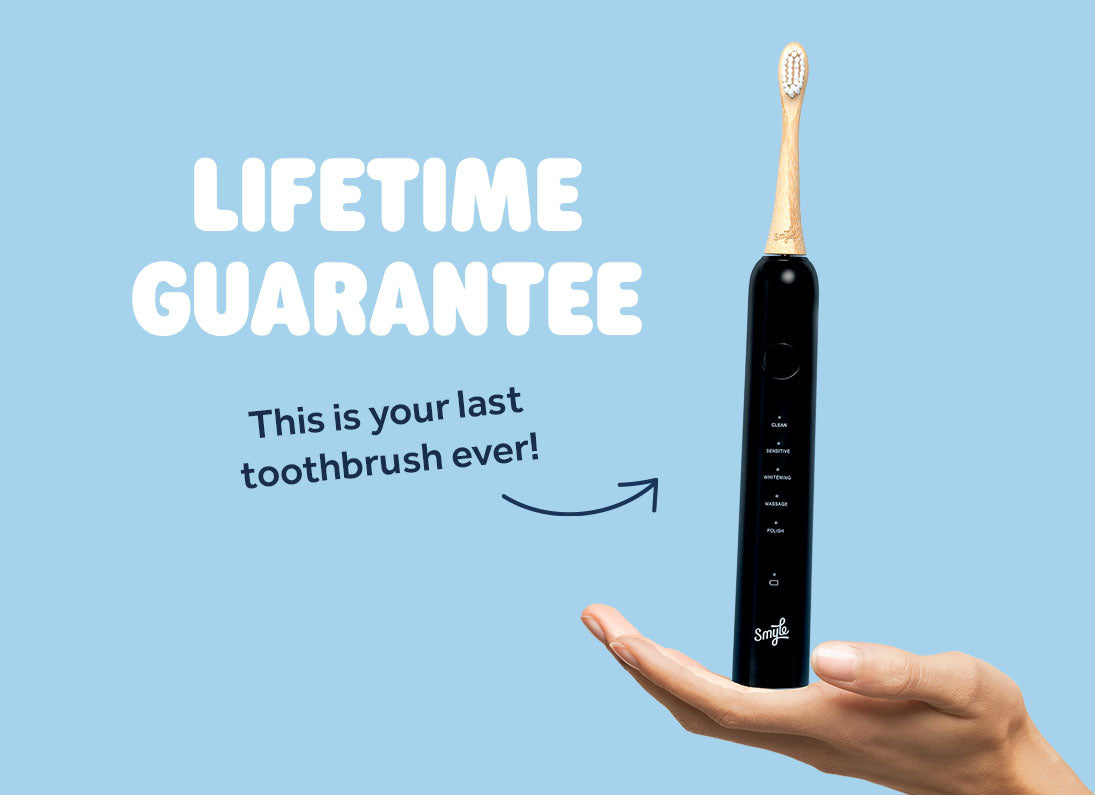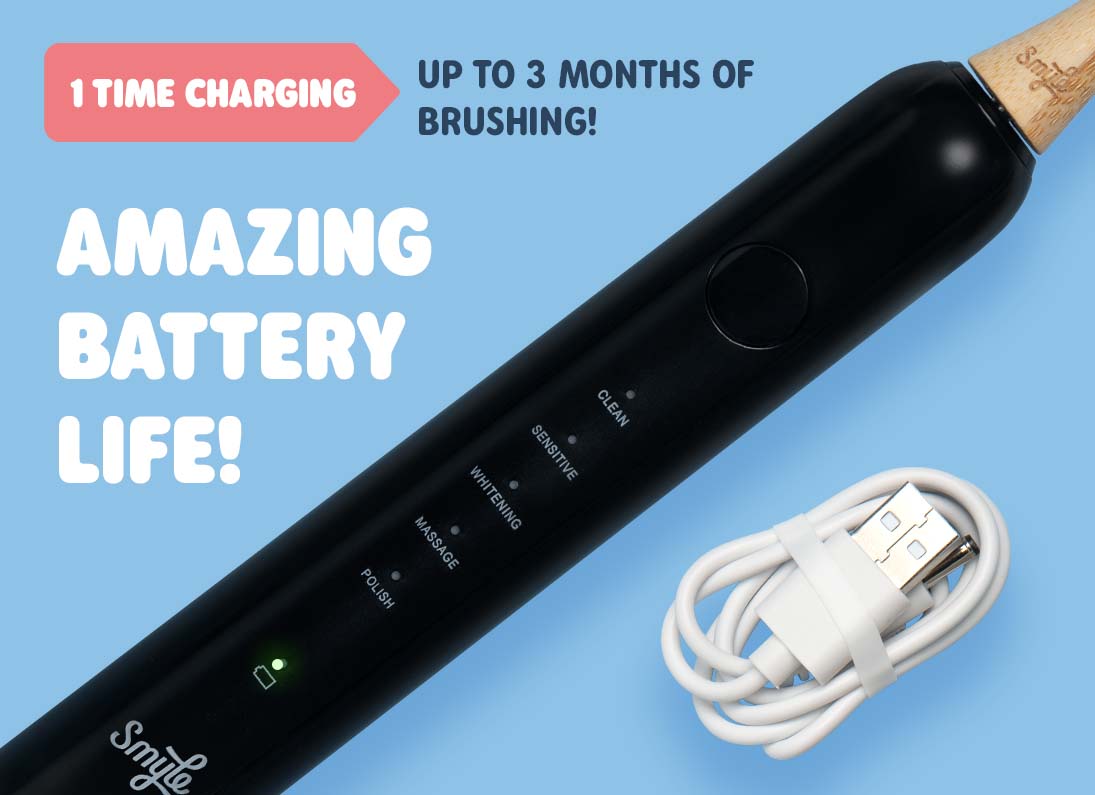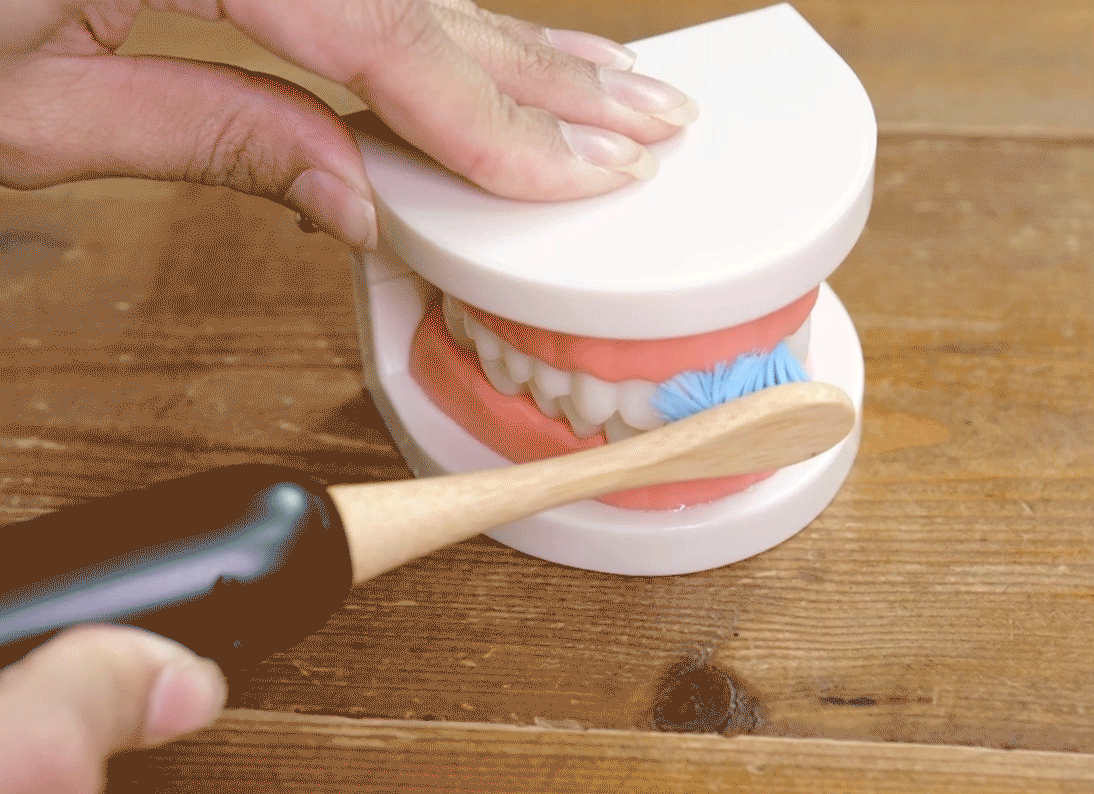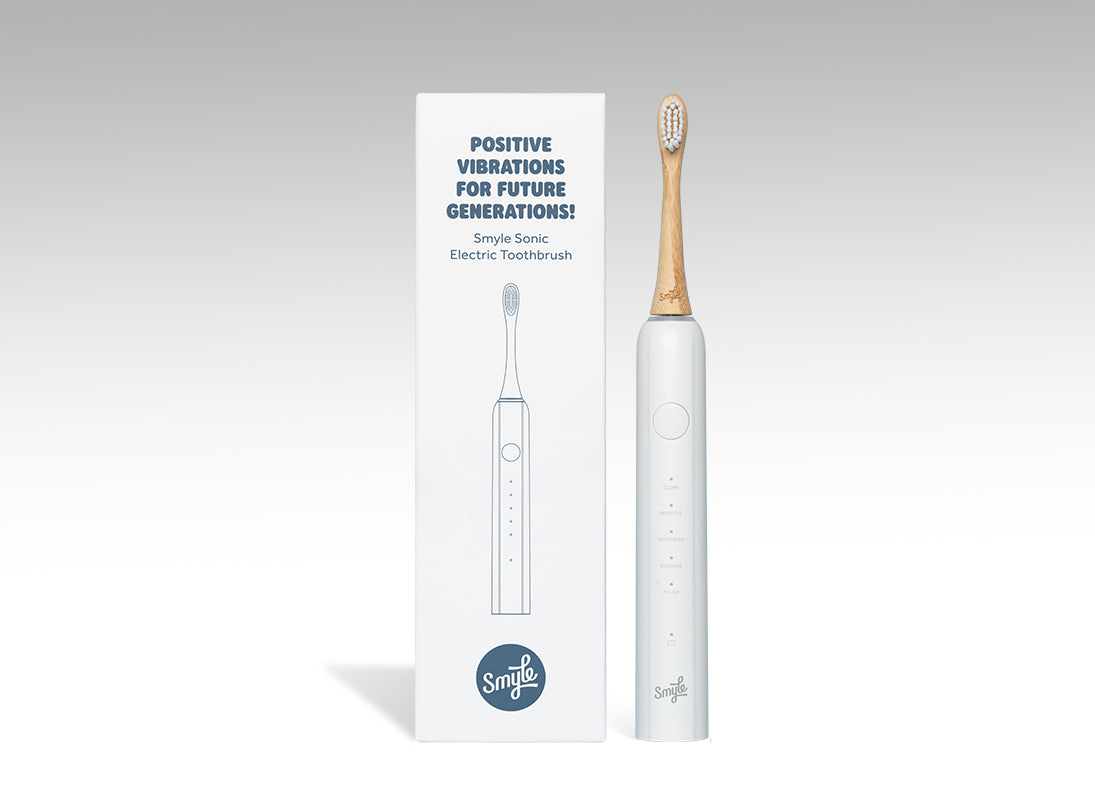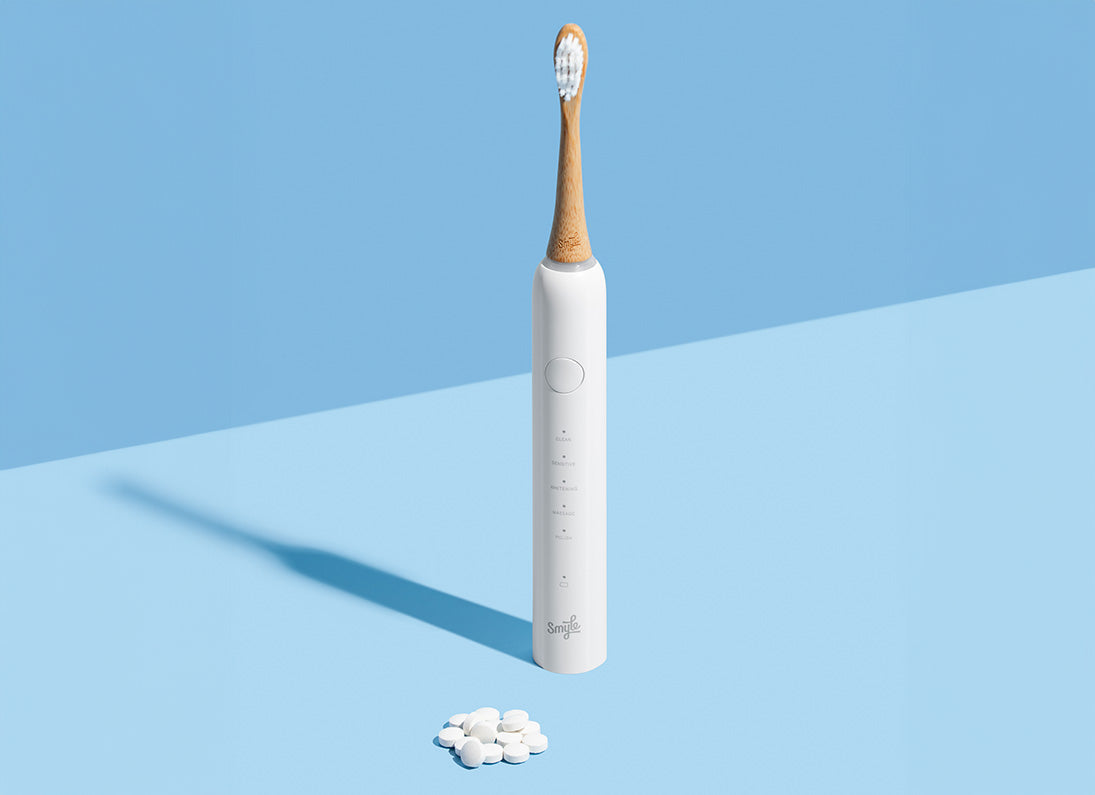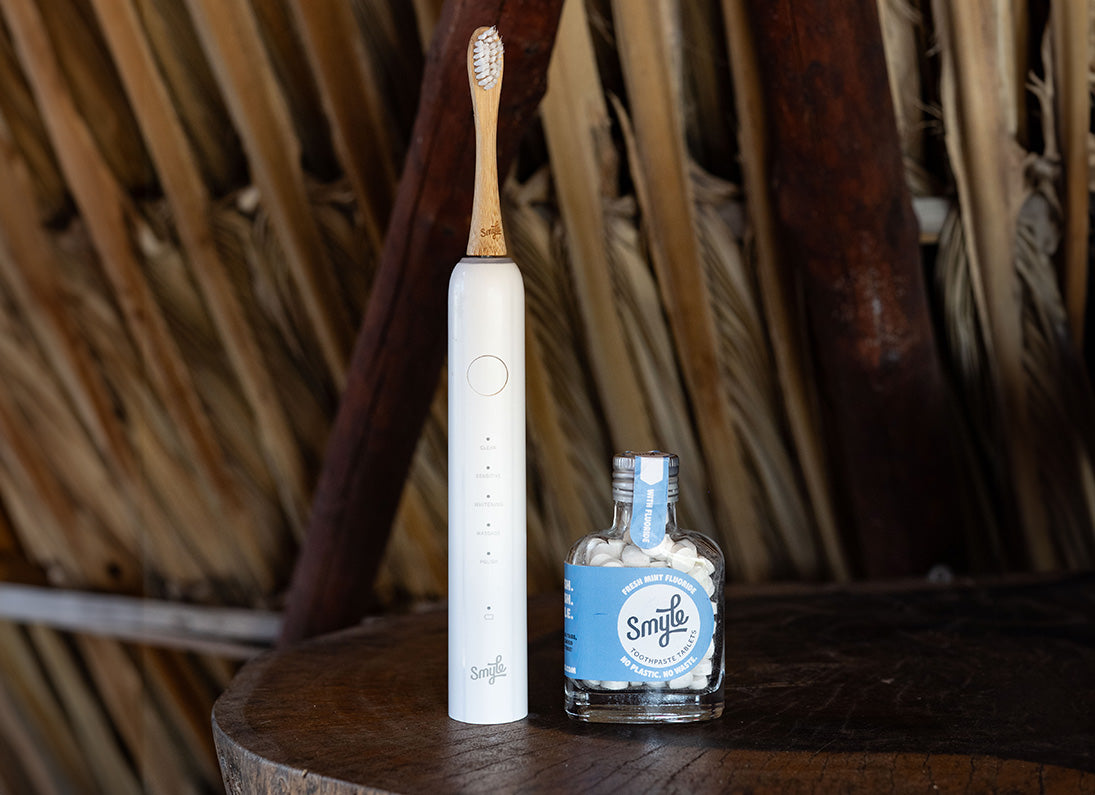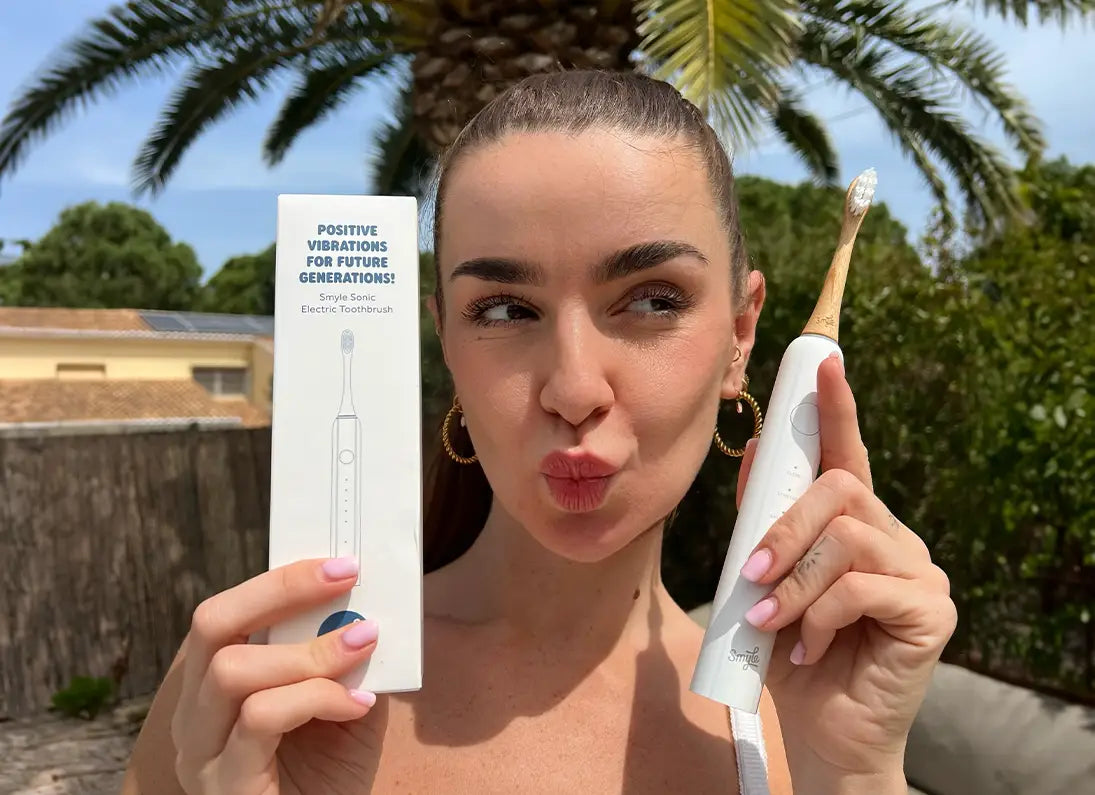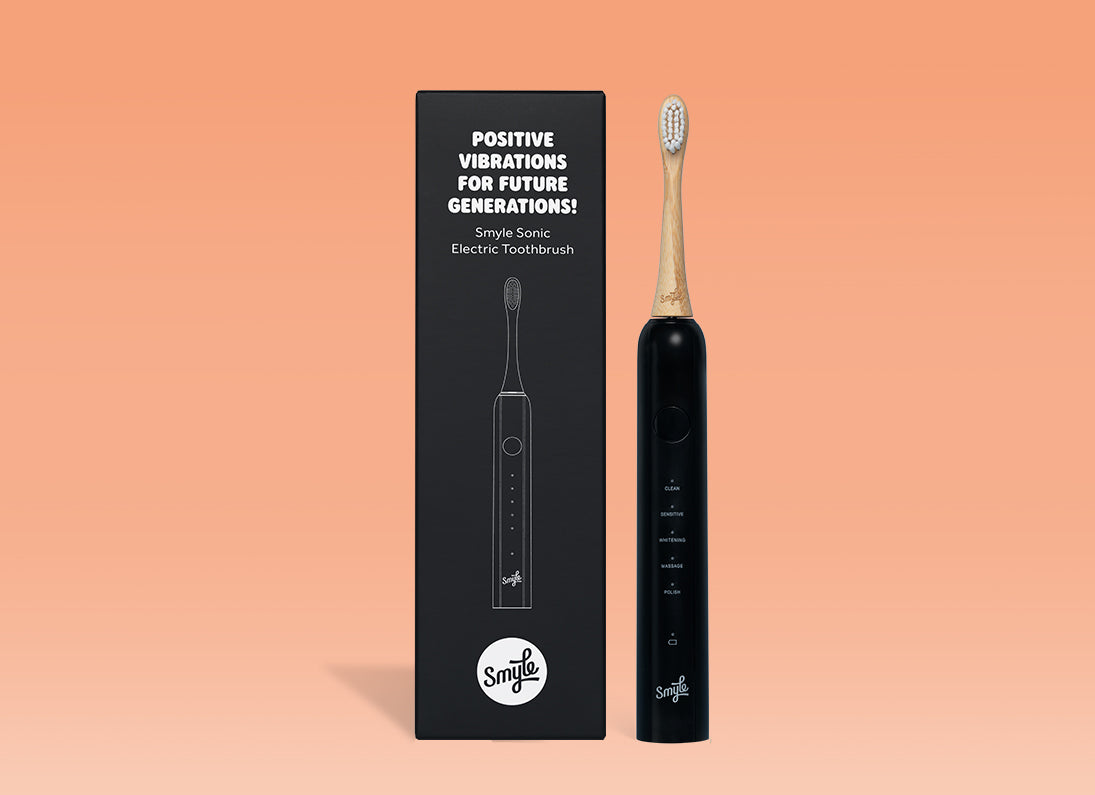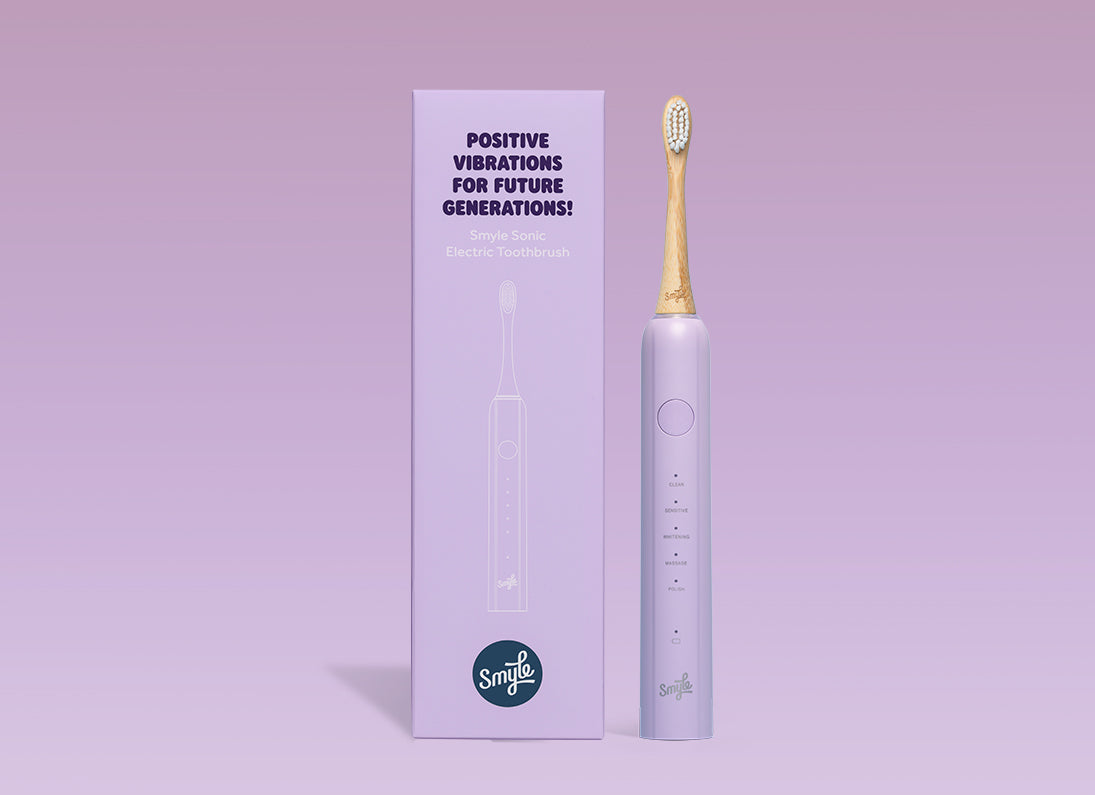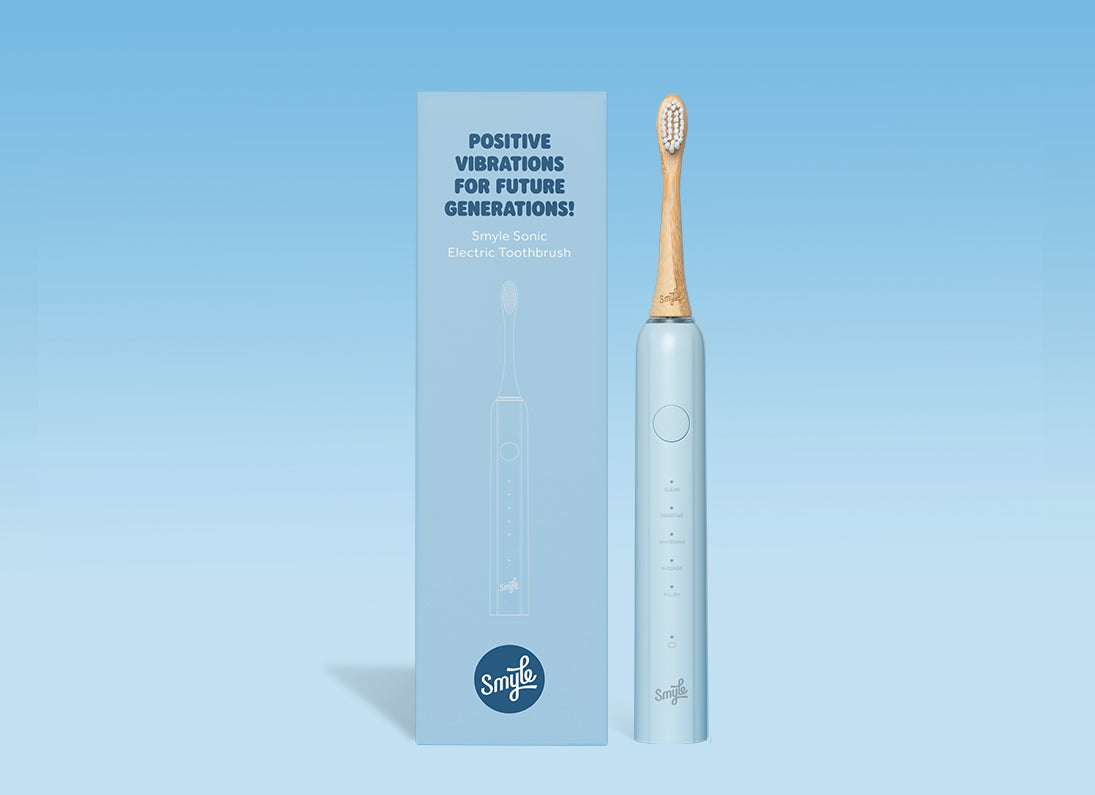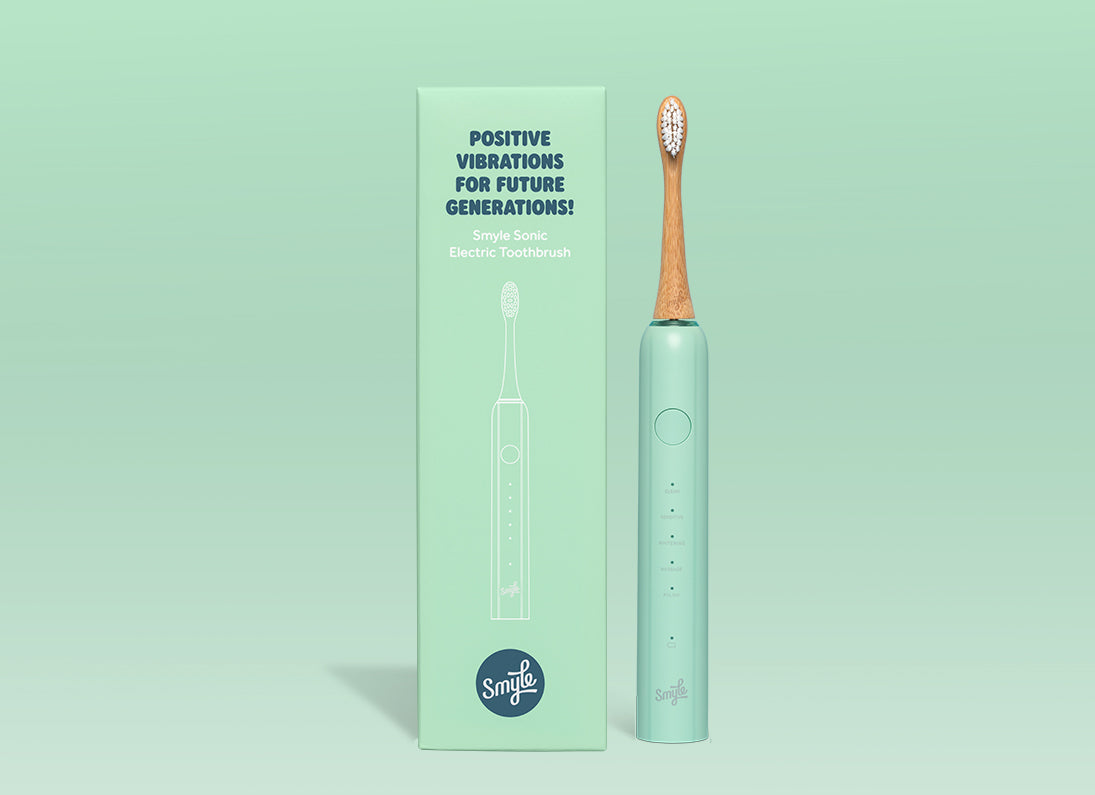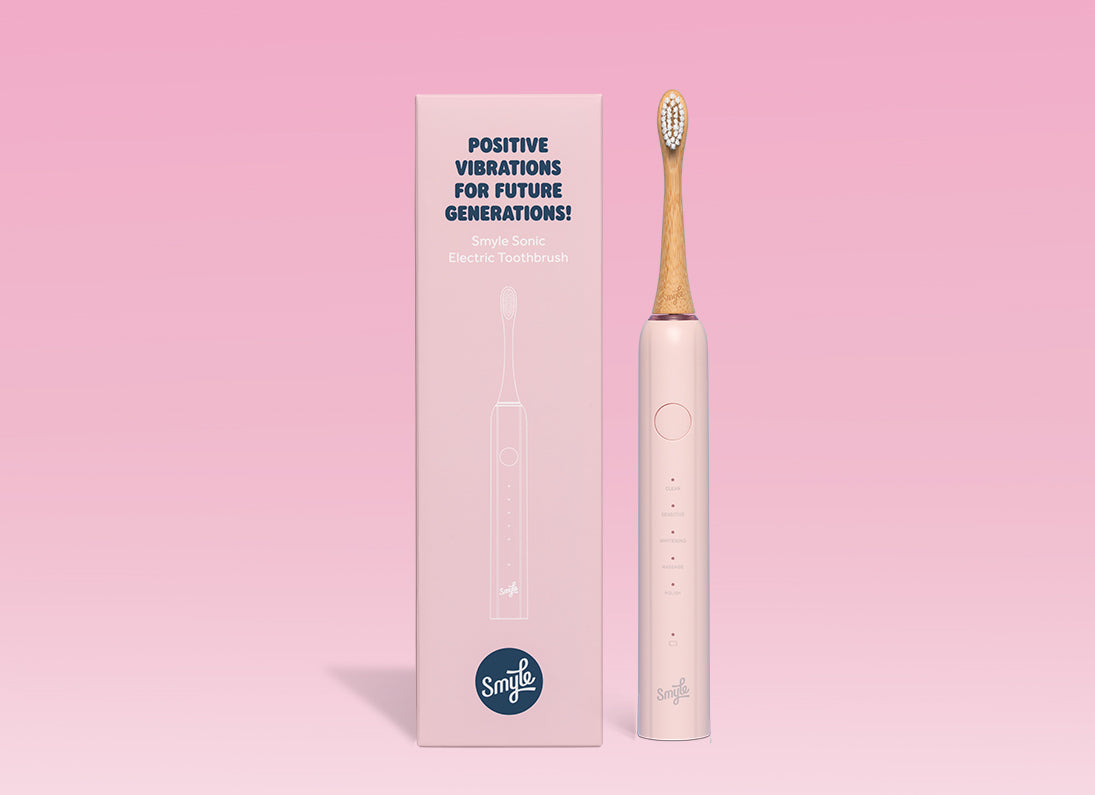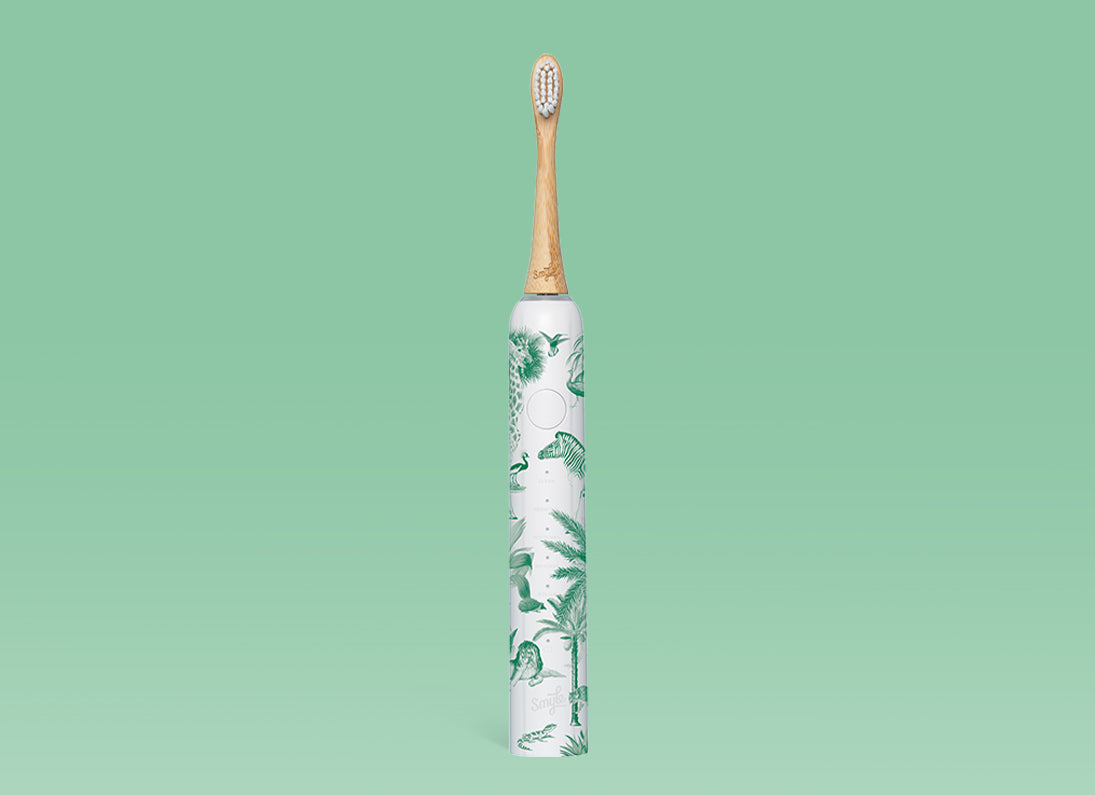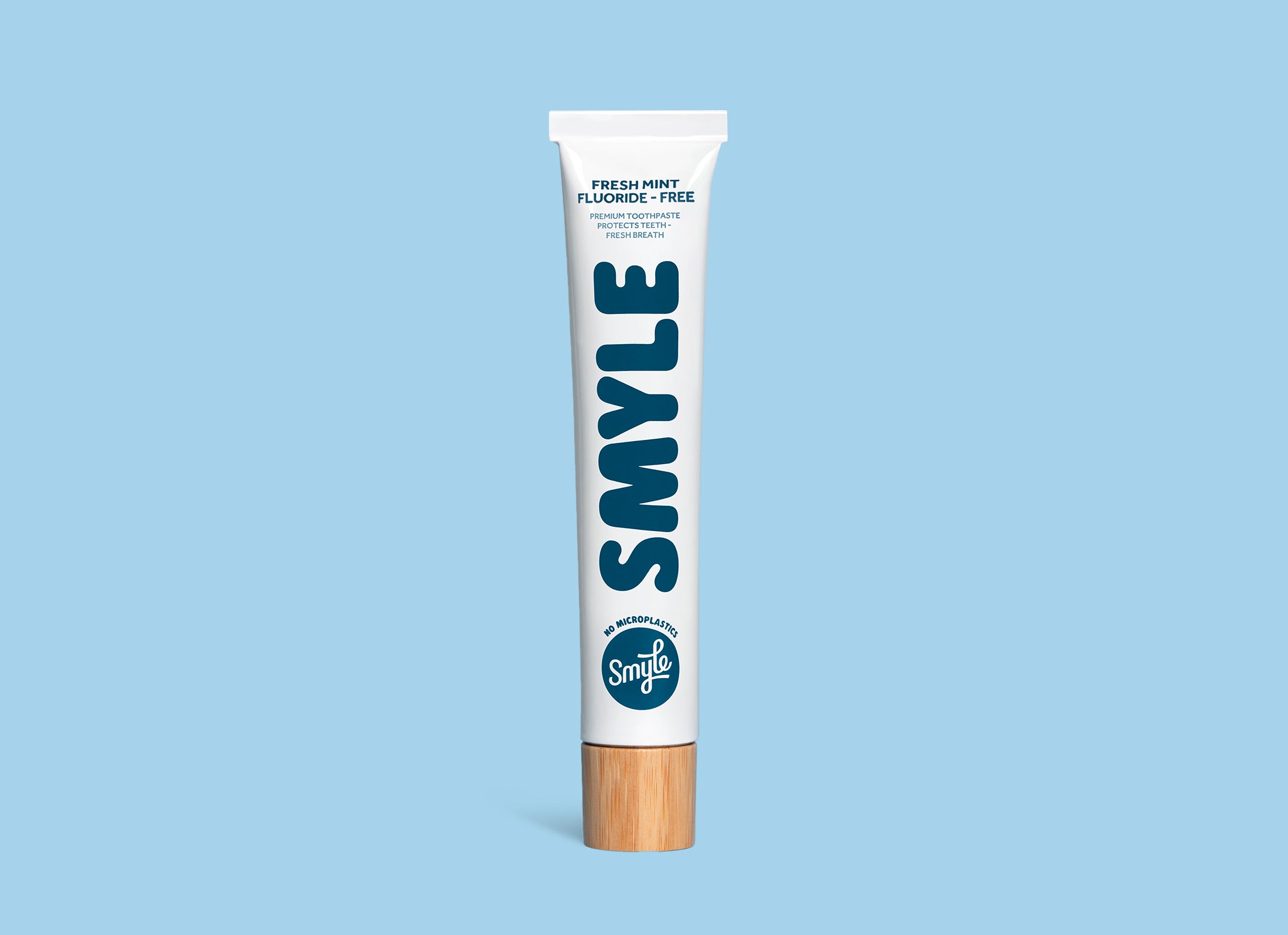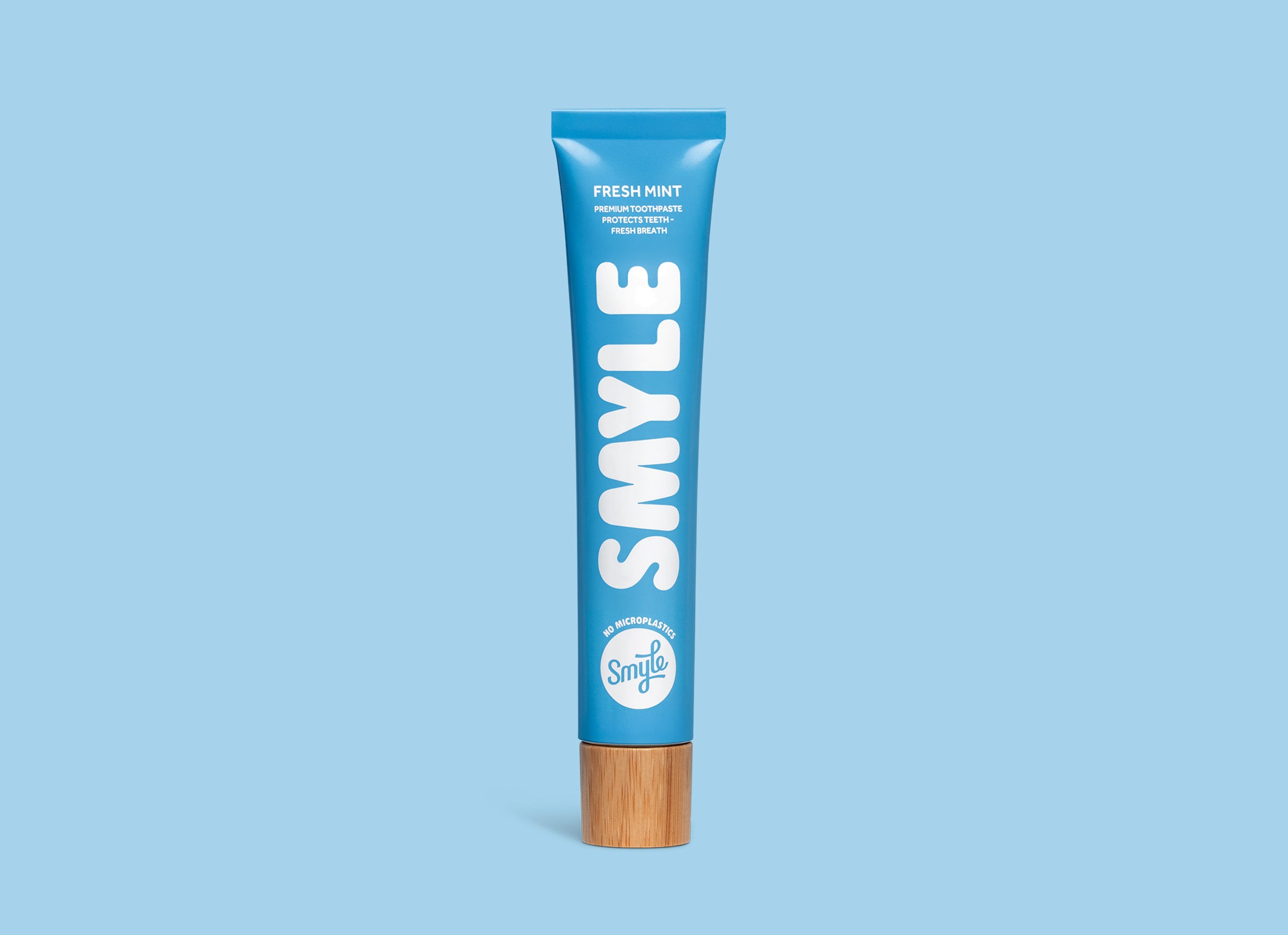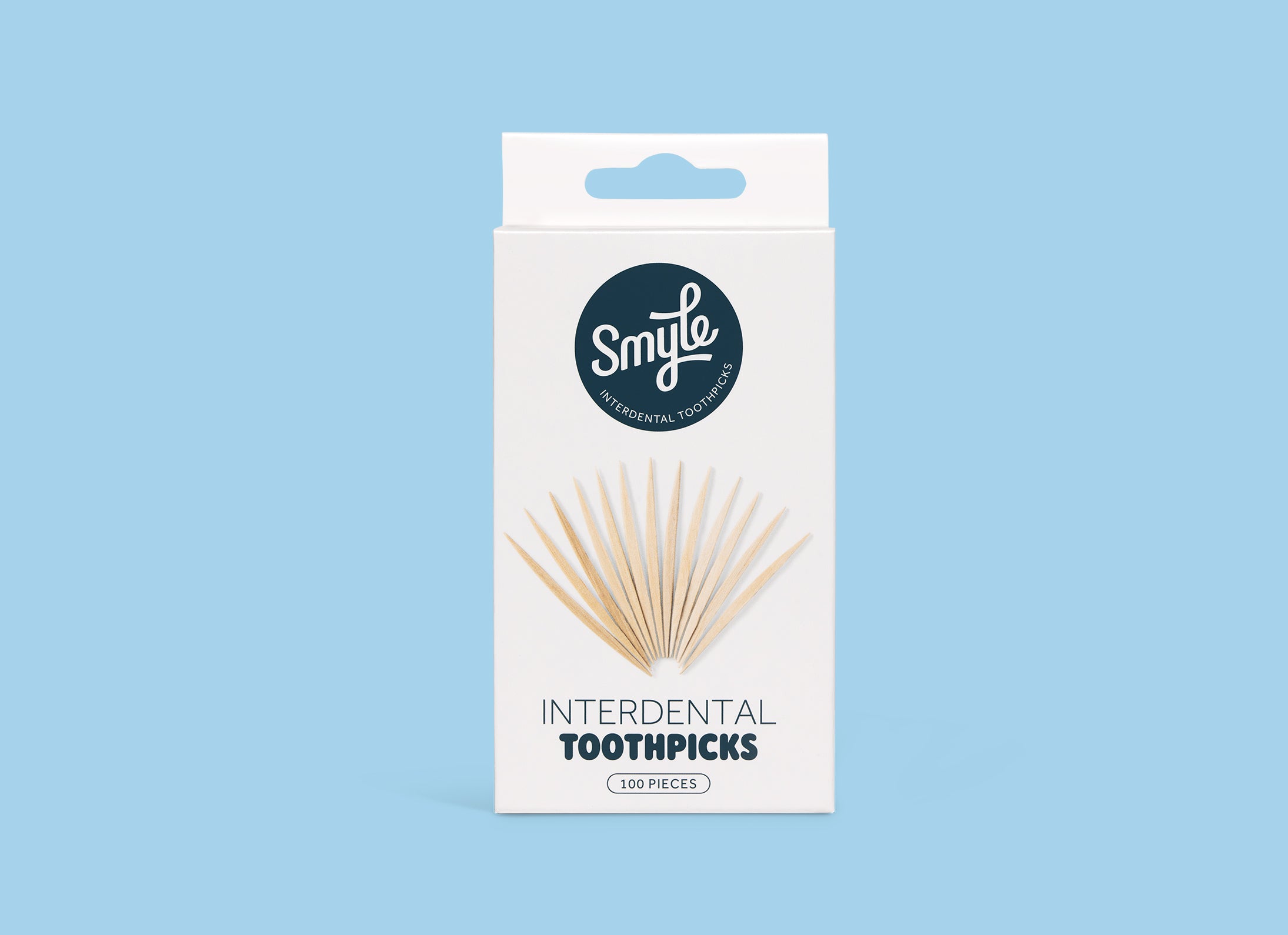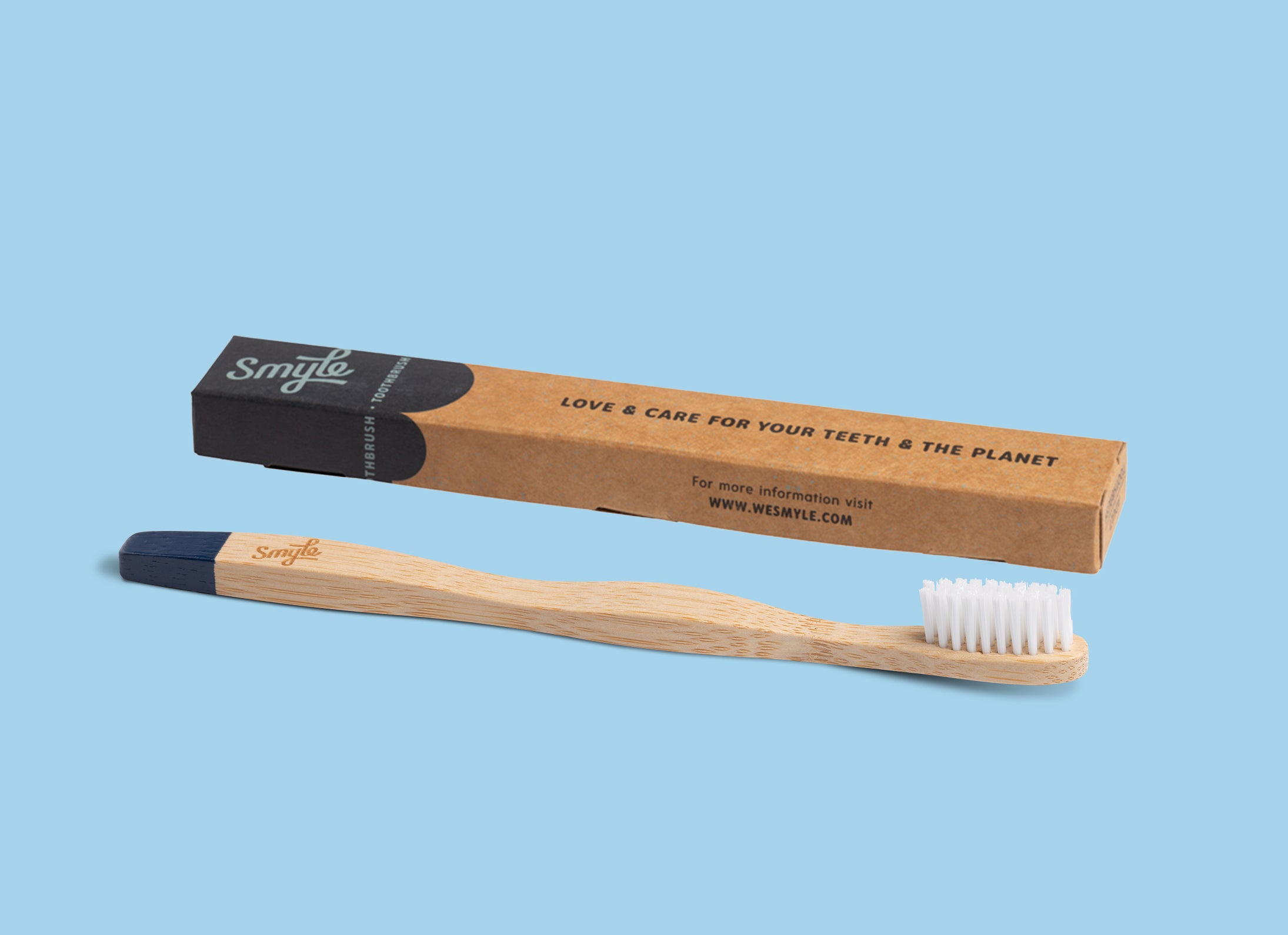
What is Caries?
Caries—also known as tooth decay or cavities—is one of the most common oral health issues worldwide. It’s a disease process that leads to the destruction of tooth tissue, caused by the interaction between bacteria, food, saliva, and the tooth surface.
Although caries is often associated with children and teenagers, people of all ages can be affected.
How Does Tooth Decay Develop?
Tooth decay begins when bacteria in the mouth break down sugars and starches from the food we eat, converting them into acids. These acids can attack and erode tooth enamel—the hard outer surface of the teeth.
This erosion leads to small holes or cavities, which can grow larger and deeper over time if left untreated. The decay process is accelerated when the mouth isn’t cleaned regularly and thoroughly, allowing food particles and bacteria to build up.
Risk Factors for Tooth Decay
Several factors can increase the risk of developing caries:
-
A high-sugar diet
-
Poor oral hygiene
-
Infrequent dental checkups
-
Dry mouth (xerostomia)
-
Use of medications that reduce saliva production
Certain medical conditions—such as diabetes and eating disorders—can also raise the risk. People living in areas without fluoridated water may also face a higher risk of developing caries.
Symptoms and Consequences of Tooth Decay
Tooth decay can start as a tiny, almost invisible spot, but can progress into a large, painful cavity. In the early stages, it’s often asymptomatic, meaning you may not feel or notice anything.
As it advances, however, caries can cause pain or sensitivity, especially when consuming sweet, hot, or cold foods and drinks. Want to know what to do about dental pain—including wisdom tooth pain? [Read about it here!]
If left untreated, tooth decay can result in:
-
Severe toothache
-
Infections
-
Tooth loss in extreme cases
It can also negatively impact your overall health and well-being, including your ability to eat, speak, and even your self-confidence.
Prevention and Treatment of Tooth Decay
The best way to prevent caries is through good oral hygiene:
-
Brush regularly with a fluoride toothpaste (or a fluoride-free option, if you prefer)
-
Floss daily
-
Visit your dentist regularly for checkups and cleanings
-
Reduce sugary food and drink intake
Fluoride plays a key role in cavity prevention because it helps strengthen enamel, making it more resistant to acid attacks caused by bacteria.
If decay has already begun, the treatment depends on the severity:
-
In early stages, your dentist may use fluoride treatments to remineralize and stop further damage.
-
In more advanced cases, the decayed part of the tooth may need to be removed and filled.
-
For severe decay, tooth extraction may be necessary.
Avoid all that by brushing well, choosing Smyle, and making your brushing routine the highlight of your day!



